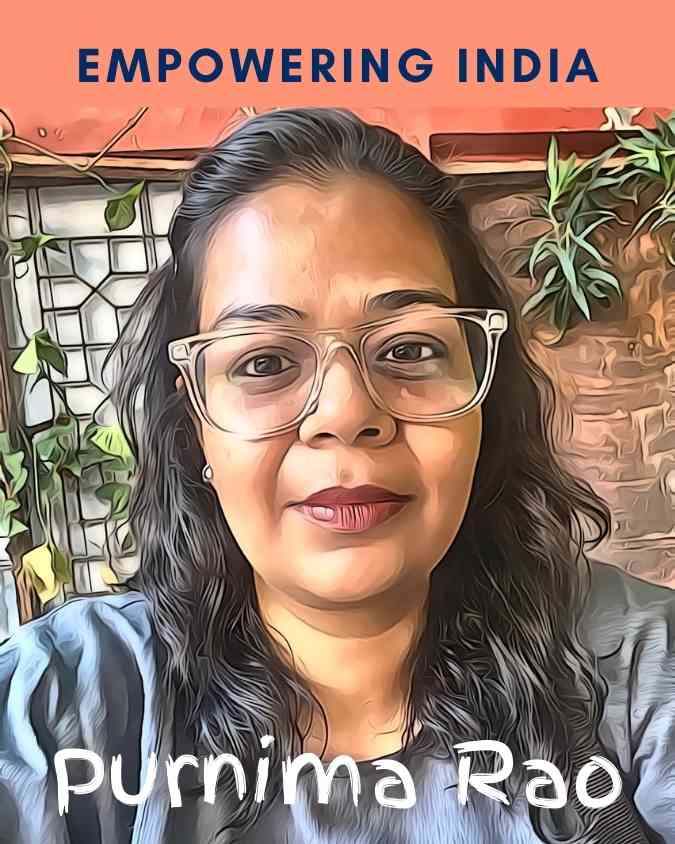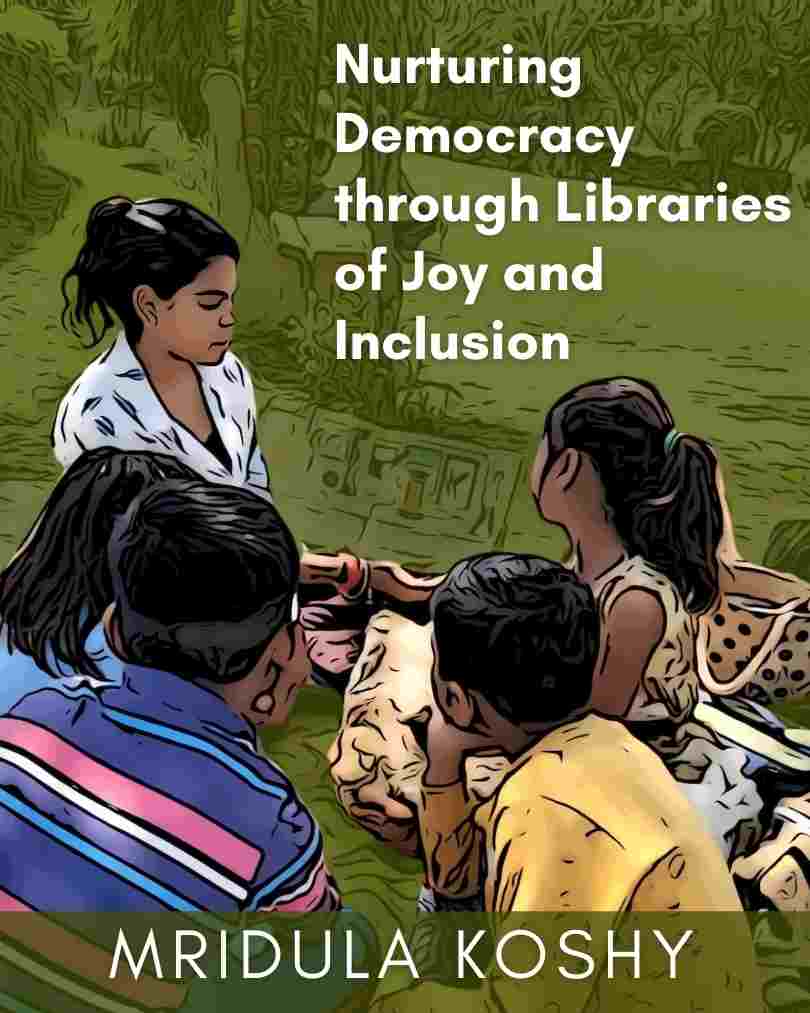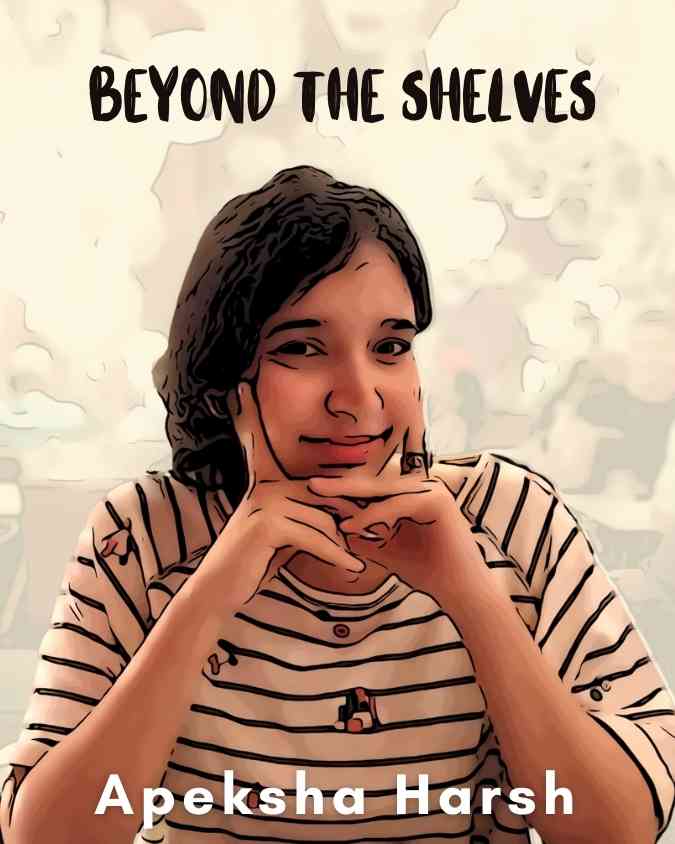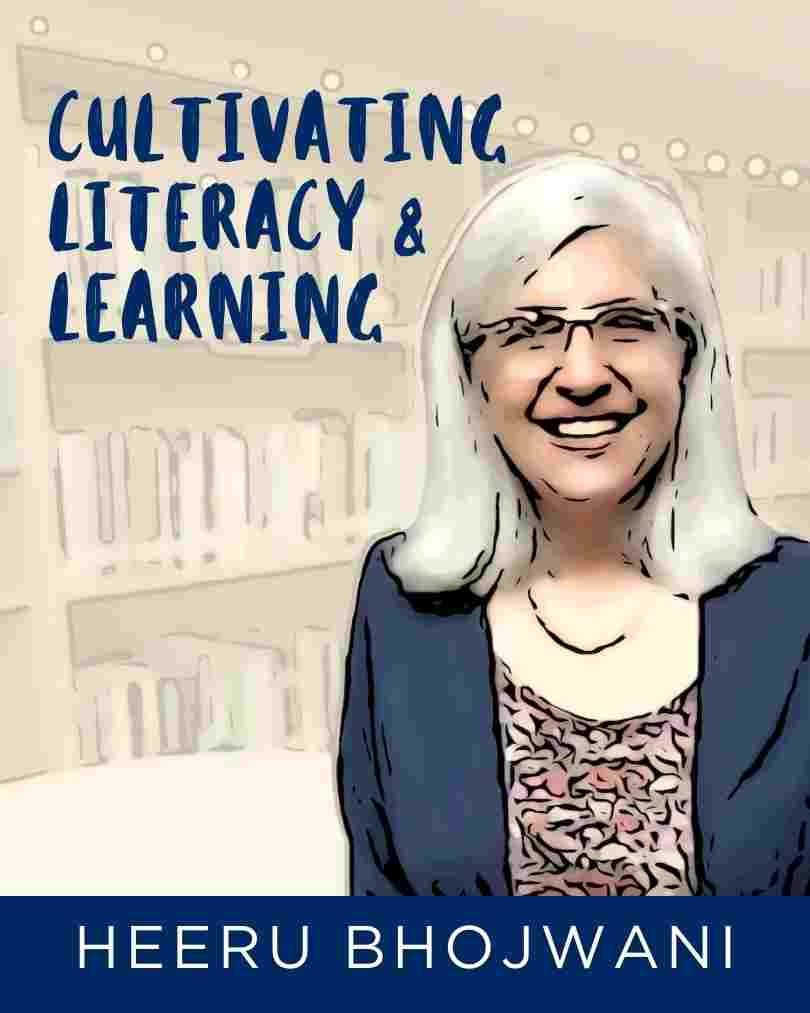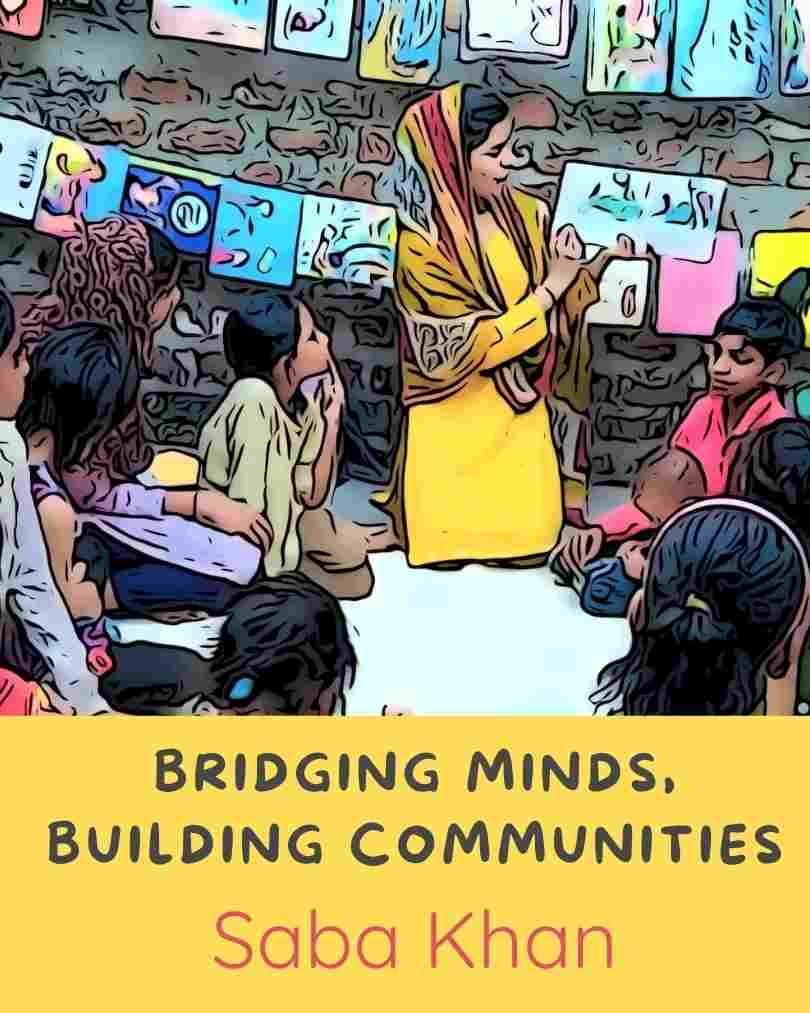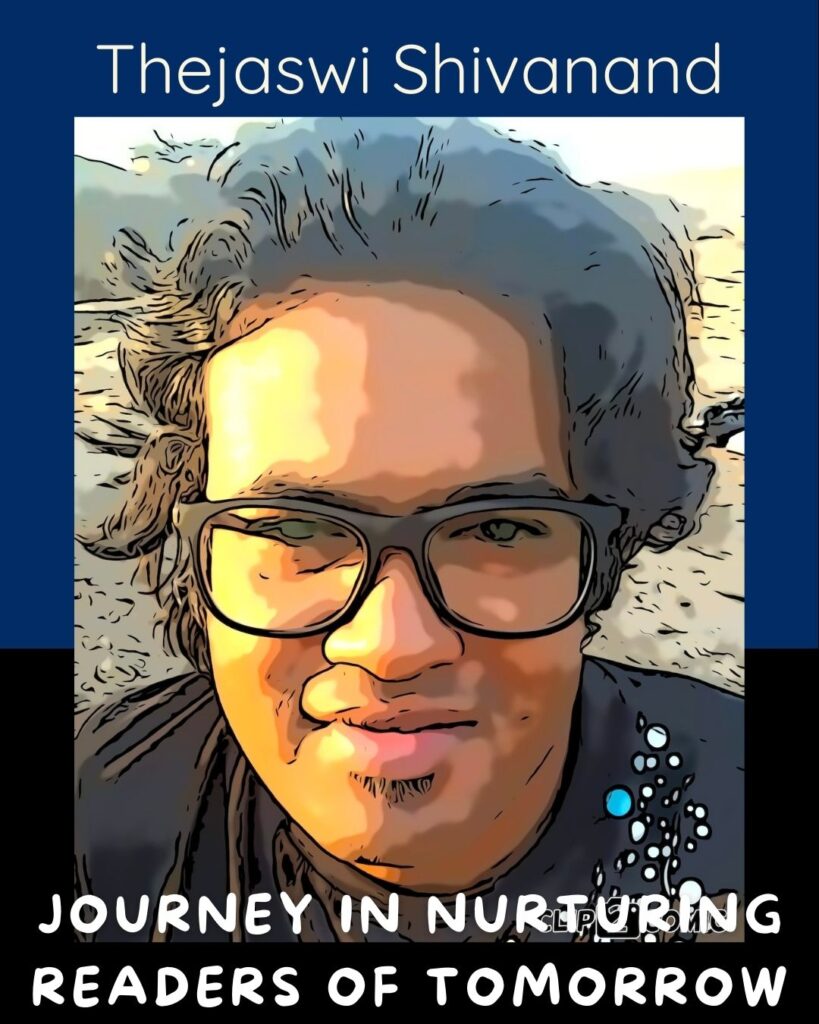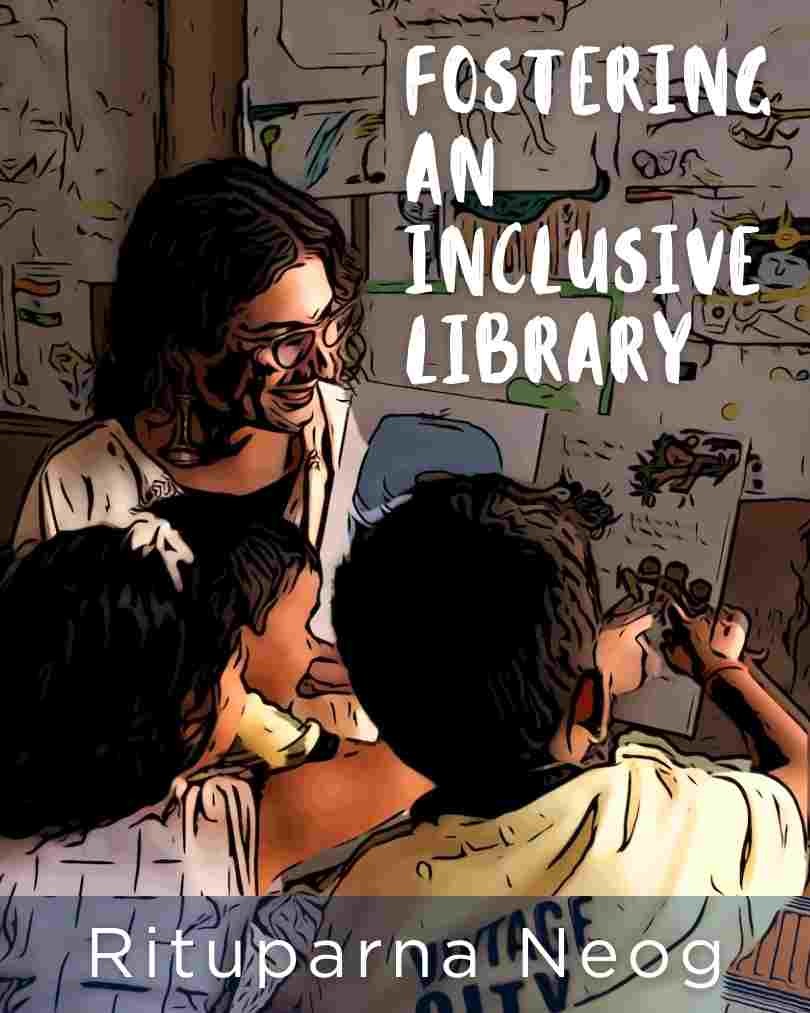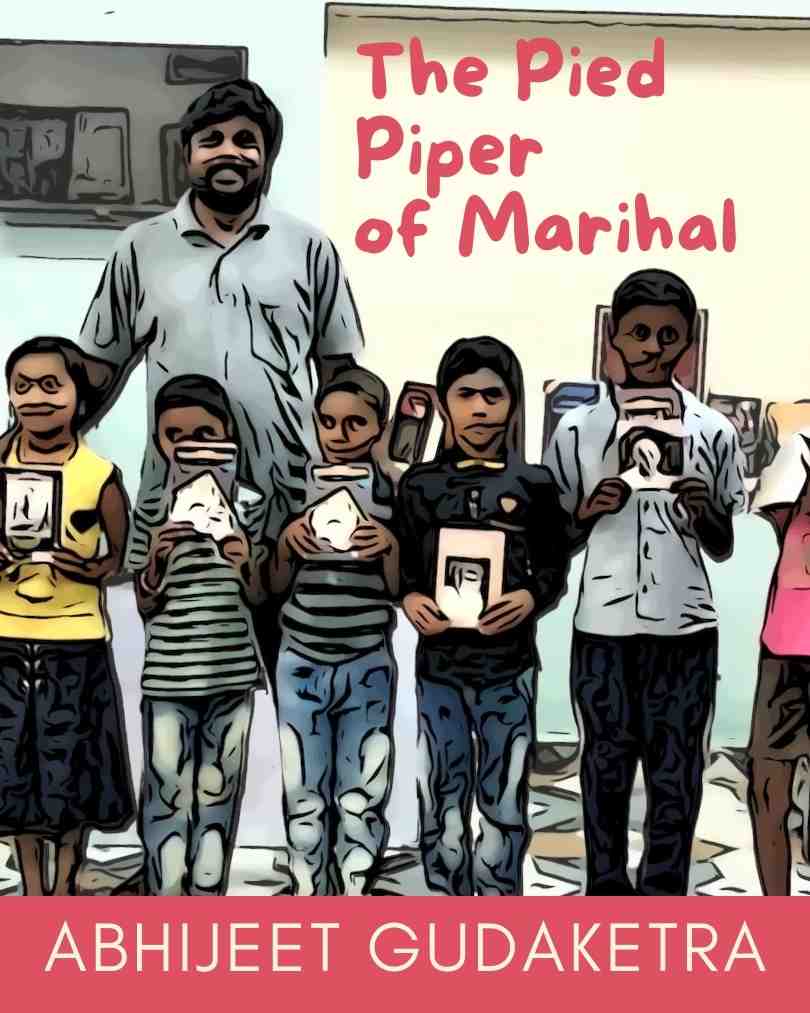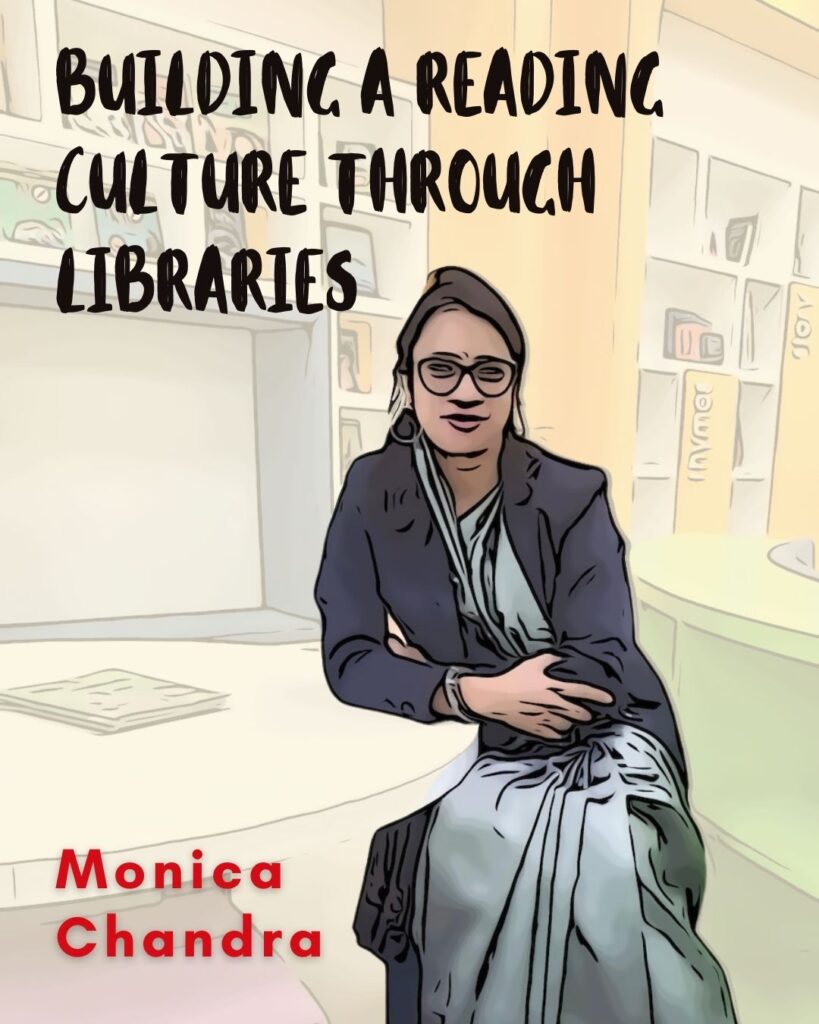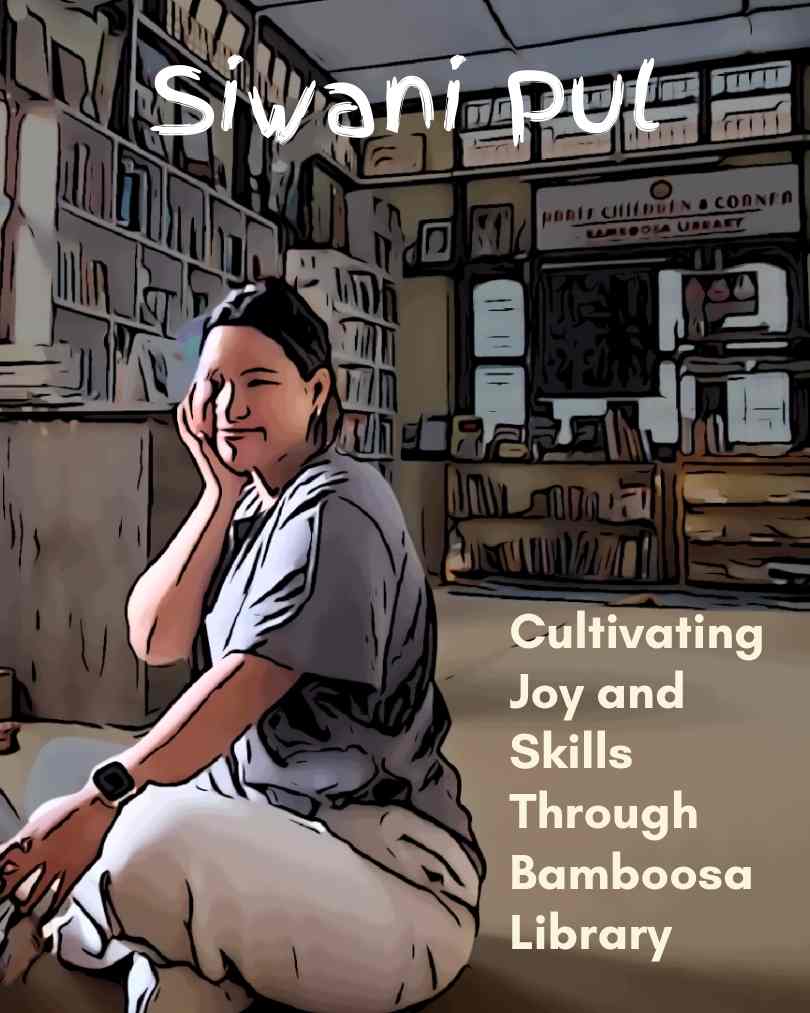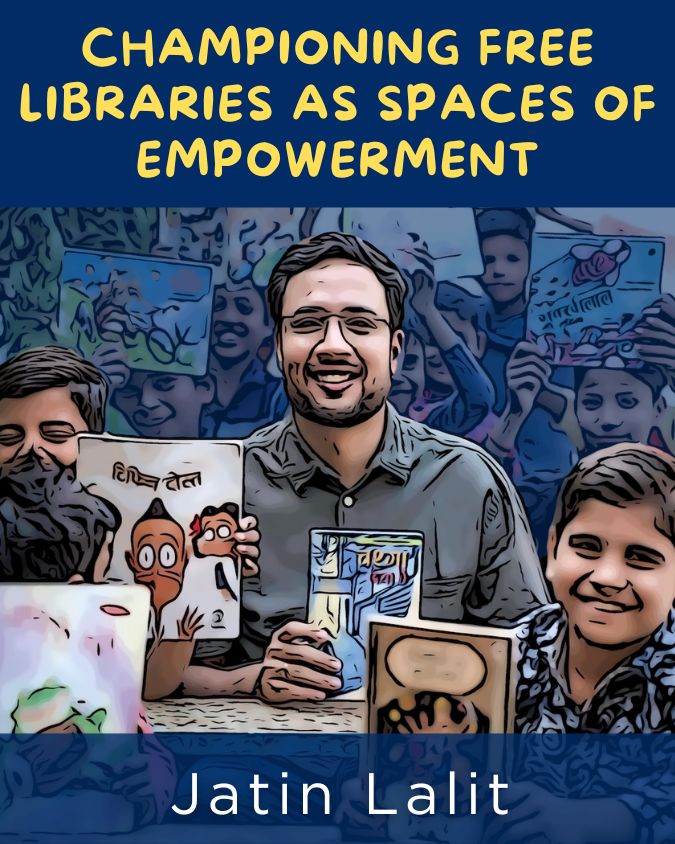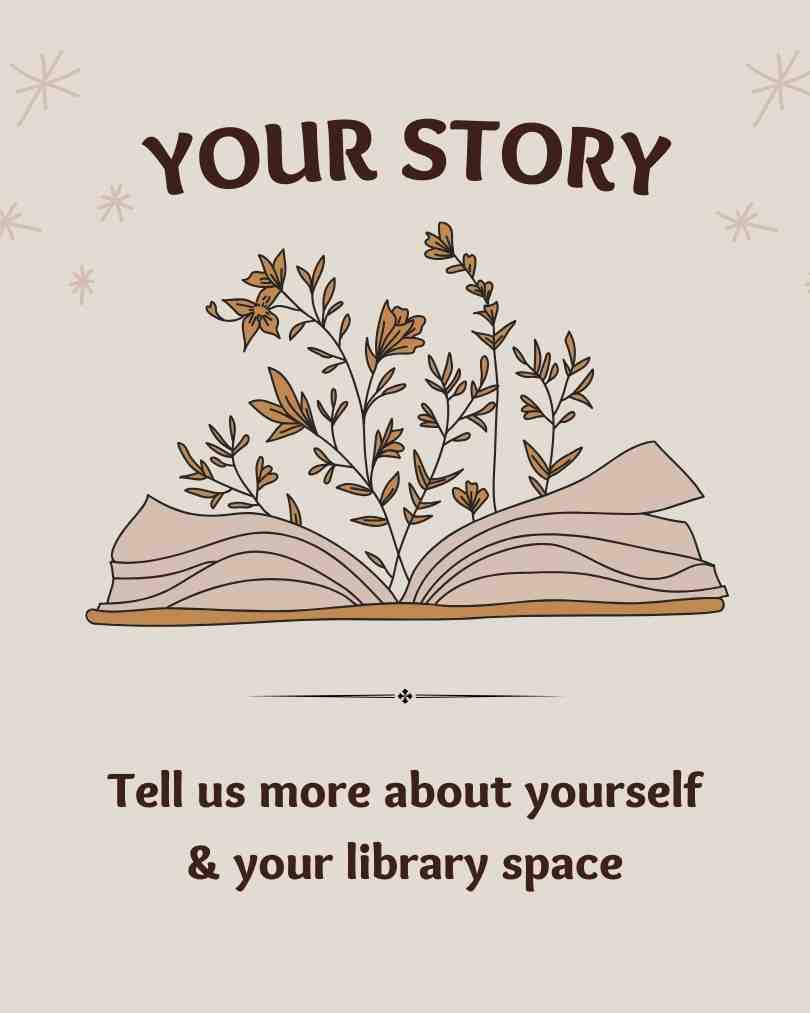Turning Pages, Changing Lives
Librarians of India is an open community in service of children. Its objective is to strengthen libraries all over India, as libraries are an integral part of a child's learning journey. It does so by celebrating librarians, sharing their stories and learnings, and providing them with a platform to learn and grow together so their libraries can become vibrant spaces where children can thrive.
Librarians of India is seeded as a Bachpan Manao Collabaction by Adhyayan Foundation and EkStep Foundation in 2024.
Turning Pages, Changing Lives
Librarians of India is an open community in service of children. Its objective is to strengthen libraries all over India, as libraries are an integral part of a child's learning journey. It does so by celebrating librarians, sharing their stories and learnings, and providing them with a platform to learn and grow together so their libraries can become vibrant spaces where children can thrive.
Librarians of India is seeded as a Bachpan Manao Collabaction by Adhyayan Foundation and EkStep Foundation in 2024.
Bridging Minds, Building Communities
Inclusive literacy in inclusive Libraries in Bhopal
Saba Khan
Fostering an Inclusive Library
Cultivating a Culture of Reading and Inclusivity
Rituparna Neog
Cultivating Joy & Skills through Bamboosa Library
Personal Skills and Community Involvement
Sivani Pul
Championing Free Libraries as Spaces of Empowerment
Bridging the Rural Knowledge Gap
Jatin Lalit
We'd love to add your story too
Fill in the form and tell us more about yourself and your library space
Why Libraries?
Public libraries are essential for any community to thrive as they are, in the words of UNESCO, “the local gateway to knowledge” and their role is to provide “a basic condition for lifelong learning, independent decision making and cultural development of the individual and social groups.” In countries like India, where a large portion of the population does not have access to books, the Internet and other sources of legitimate information, the public library becomes indispensable.
The role of the librarian, too, has undergone a huge shift — apart from issuing and receiving books, the librarian of today is a curator of literature and a robust library programme that meets the varying needs of the patrons. The librarian is also an educator who works in tandem with schools to build on the skills and knowledge of all its young patrons.
One of the critical aspects of a librarian’s role is to create a space that is warm, welcoming and free from judgement or any kind of discrimination — where children of all ages, genders, abilities, castes and religions feel motivated to develop a lifelong love for books and reading.
States like Kerala, West Bengal, Gujarat and Karnataka have an astonishing number of rural libraries. In most other states, however, there are very few community libraries, and if they exist, they are in a state of disuse and disrepair. Fortunately, there are a number of governmental and non-governmental organizations that have recognized the need for public libraries and are doing amazing work in this space.
This website attempts to showcase the work of some pioneers in this field whose mission is to ensure that the library thrives and are working tirelessly to develop a culture of reading especially among children.

